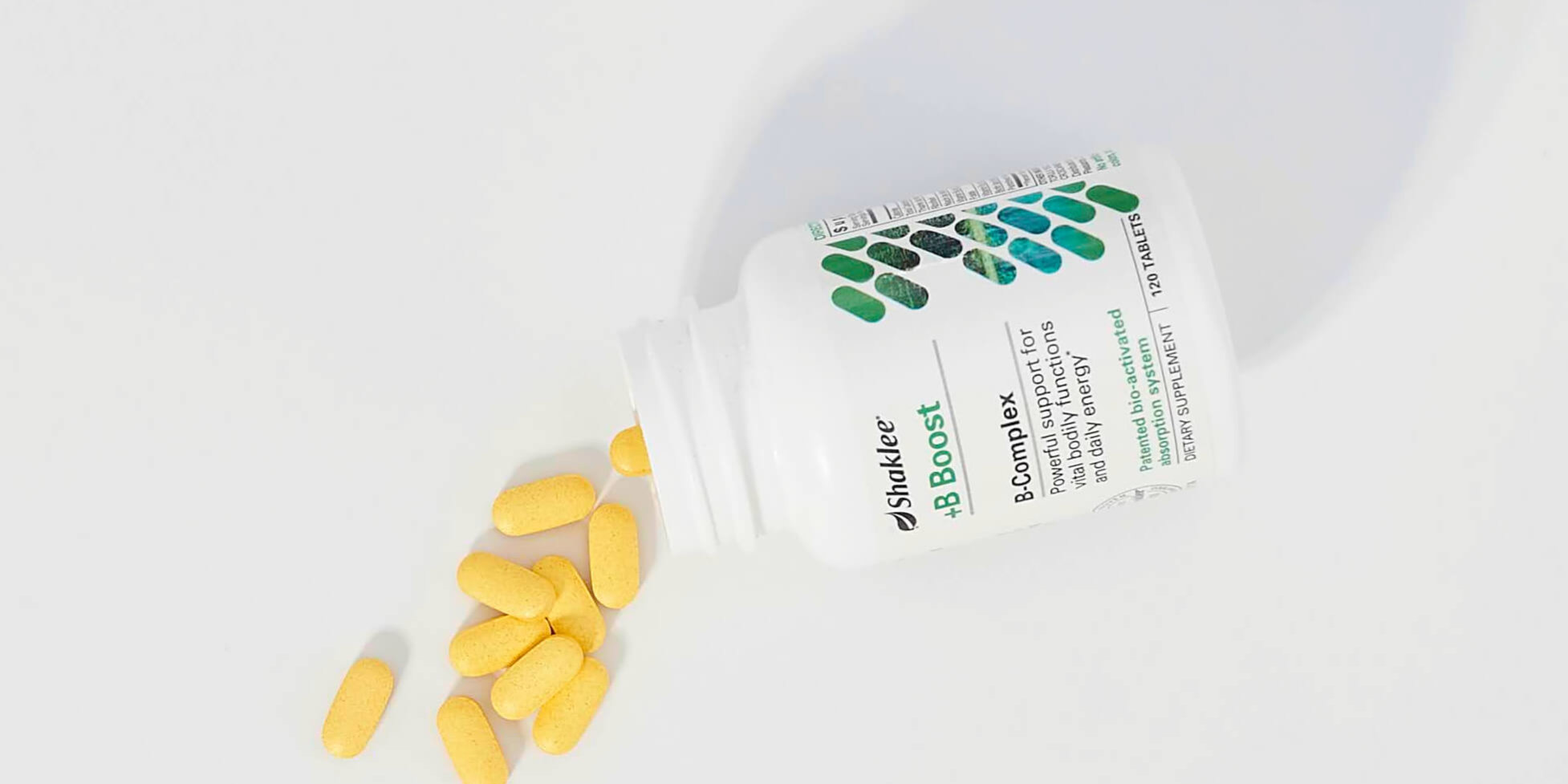Vitamin B doesn’t get enough love. While it is one of the most essential vitamins our body needs, many people don’t know the reasons why. So, let’s make up for lost time and talk about vitamin B and why it’s important for you to have in your diet.
Why Are B Vitamins Important?
There are actually eight types of B vitamins that work together and individually in the body. While it can be complicated to differentiate between all eight B vitamins, three important B’s are vitamins B6, B9 (also known as folate), and vitamin B12.
- Vitamin B6 plays a vital role in the function of over 100 enzymes that catalyze essential chemical reactions in the human body.
- Vitamin B9 (folate) is vital for the creation of both red and white blood cells and the generation and repair of genetic material such as cellular DNA.
- Vitamin B12 assists in energy production, synthesis of red blood cells and cellular DNA, and retention of normal homocysteine levels, which supports heart, brain, and bone health.
With a typical diet, it can be difficult to get 100% DV of all the B vitamins. If you’re not sure whether you’re getting enough, you can take a supplement like our B-Complex, which offers a perfect balance of all eight B vitamins to help fill nutritional gaps. The eight essential B vitamins work collectively to support energy, cardiovascular health, and cell renewal.* They help to convert food into energy for your cells, which makes B vitamins vital for proper bodily function.*
What Foods Have B Vitamins?
B vitamins can be found in many types of foods, and some foods contain several different B vitamins. But here are the foods that have vitamins B6, B9, and B12.
| Vitamin B6
– Green leafy vegetables – Legumes – Cereal grains – Fish and shellfish – Meat and poultry – Nuts – Liver – Fruits |
Vitamin B9 (folate)
– Green leafy vegetables – Legumes – Seeds – Poultry – Nuts – Liver – Citrus fruits
|
Vitamin B12
– Liver – Meat and poultry – Milk – Cheese – Eggs – Most foods from animal sources
|
Now that we’ve demystified B vitamins, let’s make sure we’re getting them daily in our diet or nutrition routine.
| *These statements have not been evaluated by the Food and Drug Administration. This product is not intended to diagnose, treat, cure, or prevent any disease. |






